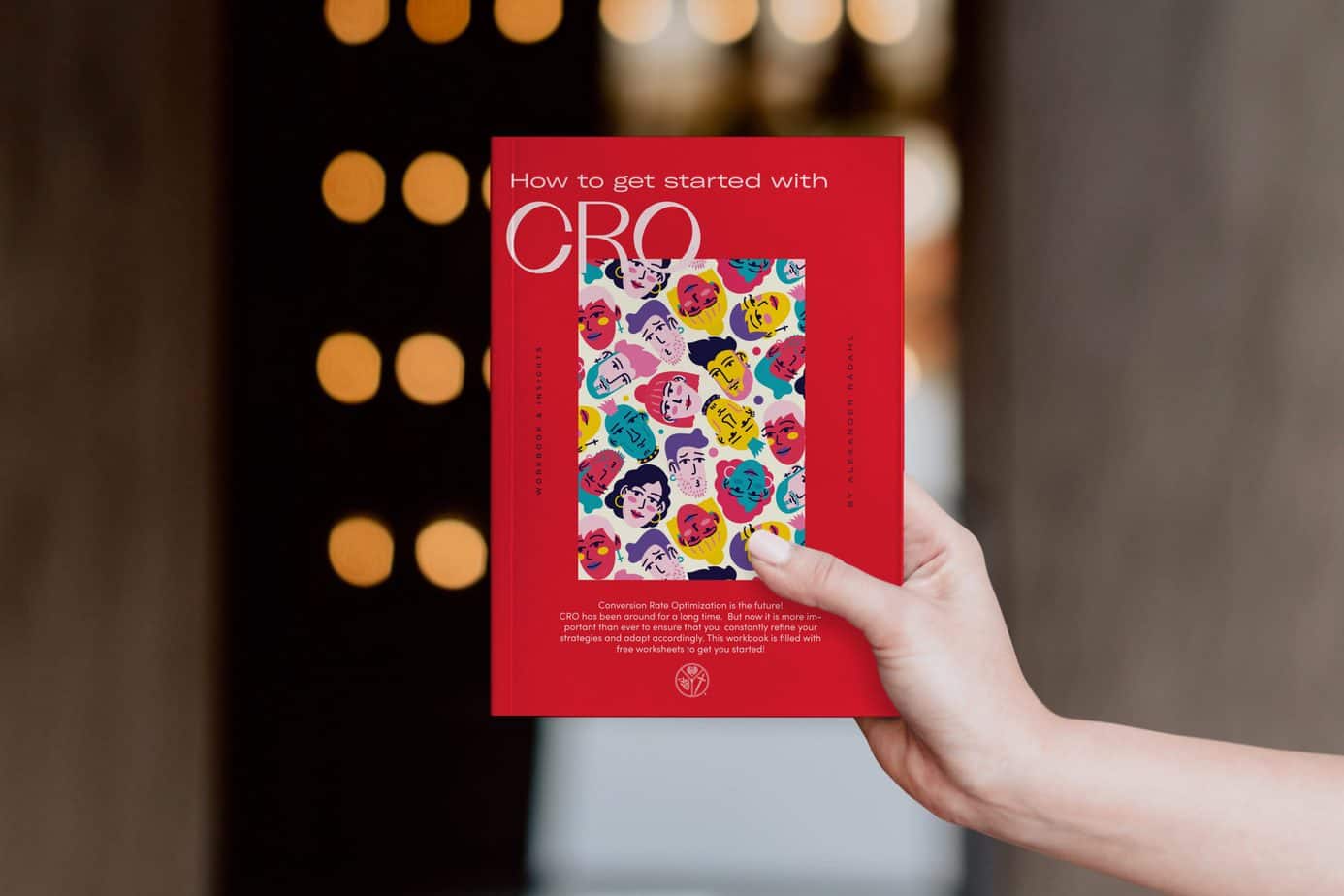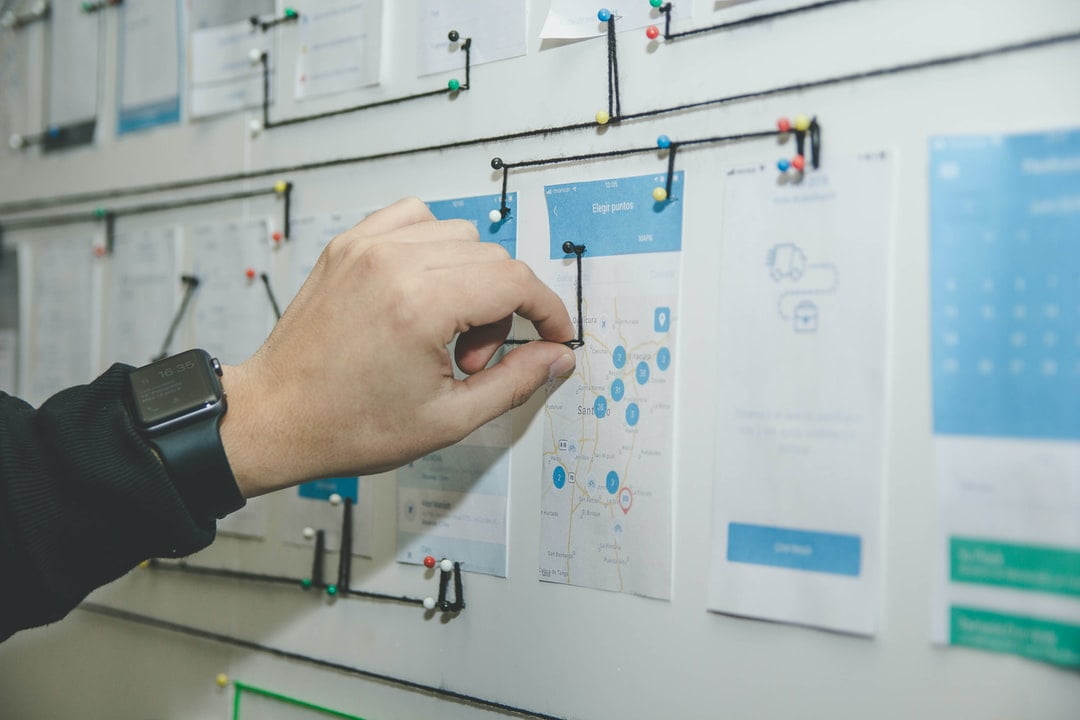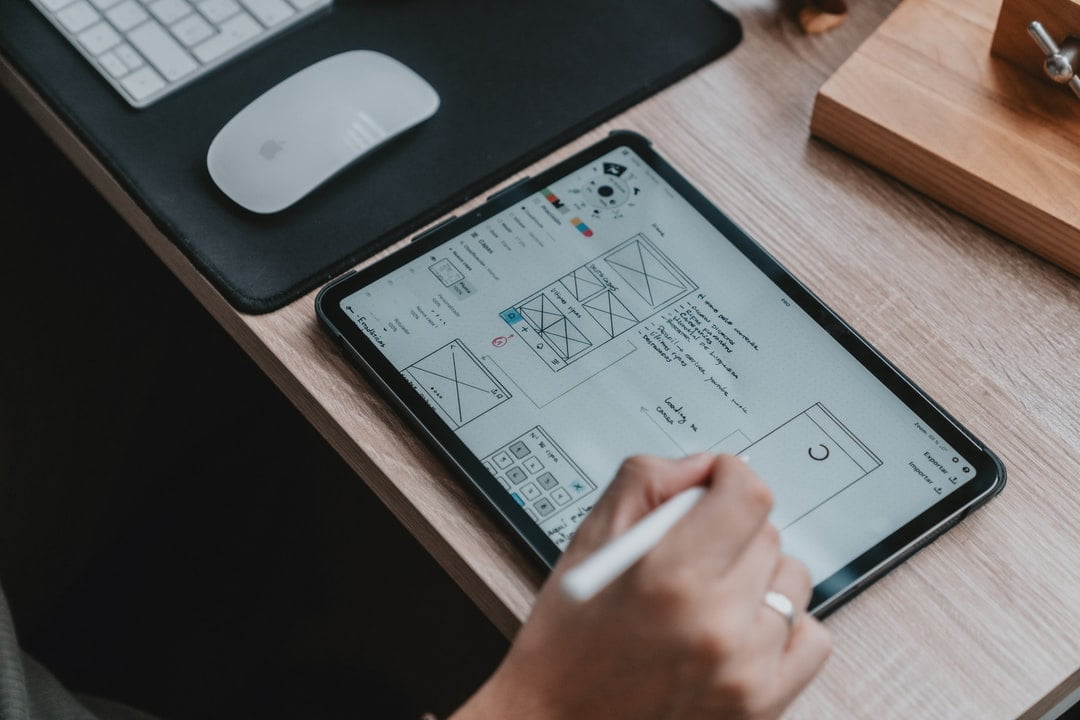When it comes to finding the best candidate for a UX research role, there are key questions you need to ask the possible candidates. By asking the right UX Research Interview Questions, you can better understand how well the candidate understands the user experience and how he does research. Here are 13 interview questions that help you find the best UX researcher and how I would have answered them myself:
This question will give you valuable insights into the general thinking about UX research for the candidate. I would have answered the questions in this way:
User Experience Research (UX Research) is a valuable tool that can be used to improve designs. Through user interviews and surveys, you can understand how users interact with your product or website. This information can then be used to make design changes that make the product or website more user-friendly.
It is important to note that UX research should not be conducted in a vacuum; it should be used in conjunction with other forms of design feedback, such as user testing and A/B testing. Remember, too, that user feedback will vary from user to user; what works for one person may not work for another. So always use your best judgment when making design decisions.
All in all, I believe that UX research is an essential part of the design process and should be used whenever possible to create a better user experience.

Some of the most successful projects I have worked on in the past have been those where user experience research has played a central role in their success. By understanding the needs and frustrations of users early in the design process, we were able to build prototypes that addressed these problems, which led to a much better user experience. In addition, conducting user research helped us prioritize features and make decisions about what was important to our users, which is crucial when working on a release with tight deadlines.

I think one situation where it is important to stand your ground is when you have done user research and know that something is not right, even if the customer or team disagrees. I had a situation where we did some testing on a new feature, and found that users struggled to use it. Although the team wanted to launch the feature anyway, I was able to show them that what we saw in research was backed up by data from tests, and we ended up not launching the feature. It can be difficult to oppose what others want, but ultimately it is important to make decisions based on what is best for users.
Research on user experience has many important aspects, but the most important may be to understand your target users and what they need and want. It is also important to have a clear vision for your product or website, and to communicate this vision effectively to your team. It is also crucial to have a good understanding of the underlying technology, so that you can make smart decisions about how to design for your users. Finally, it is important to constantly evaluate and iterate your designs based on feedback from users.

User interviews are an important part of the research on user experience. They provide insights into how users interact with a product or service, what problems they encounter, and what solutions they could propose. In order to make the most of user interviews, it is important to ask the right questions and listen closely to the answers.
Listening closely to users' responses and taking note of their body language can also provide valuable insights into their thoughts and feelings about a product or service. It is important to remember that not all feedback from user interviews will be positive, but open listening to constructive criticism can help improve the user experience.
One of the most important aspects of any design process is the inclusion of user feedback. This can be done in many ways, but the most common is to conduct user research interviews. This includes sitting down with users and asking them about their experiences with your product or service.
You can then use this information to improve your designs and ensure they are as user-friendly as possible. It is also important to note that user feedback should not only be taken into account at the beginning of a project - it should be continuously reviewed and updated throughout the design process.
User tests are an essential part of the design process, as they help you understand how users interact with your product. By conducting user tests early and often, you can identify and fix potential problems before they become a bigger problem. In addition, user tests can help you gather feedback from users that can help you improve your product.

Research on user experience is necessary for every project, because it helps understand the needs of the user and how he interacts with the product. By understanding the user, you can create a product that is more user-friendly and meets their needs. Without user experience research, you may not collect this important information and may end up with a product that does not meet the needs of users.
When conducting user research, it is important to remember the objectives of your study. What questions do you want to answer? What do you hope will you learn from your users? Focus your research and stay on track. It is also important to prepare yourself for your interviews. Have a list of questions ready, and listen carefully to the answers. Remember that user feedback is valuable, so always ask for feedback from your participants. Thank them for their time and input and be sure to follow them afterwards.
There are a few tools and methods that I find particularly useful in user research. First, I always try to observe users in their natural environment whenever possible. This can provide valuable insights into how users interact with the product or service being investigated. I also use interviews as a primary research tool, and always try to ask open questions that allow users to share their thoughts and experiences in their own words. Finally, I often use focus groups to get additional insights from multiple users simultaneously. Overall, these tools and methods help me collect rich and nuanced data that helps me better understand user needs and behaviors.

Designers who can effectively navigate user feedback can create products with a high perceived value. To get an accurate understanding of user feedback, it is important to ask the right questions and listen carefully. Some advantages of incorporating user feedback into the design process are:
UX research can be used in many ways to improve the customer experience. One way is to understand the needs and desires of customers. By understanding what customers need and want, companies can design or redesign products and services that meet these needs and desires.
Another way UX research can be used to improve the customer experience is to identify how customers interact with products or services. This information can be used to make changes to the design of products and services, so that they are easier to use by customers. In addition, UX research can help identify where customers experience problems with products or services and what could be done to solve these problems. Overall, the use of UX research to improve the customer experience can lead to better results for both the company and its customers.
When interviewing for a UX research position, it is important to be prepared to talk about your previous work experience. Think of projects you have worked on in the past that are relevant to the role for which you are interviewing. Perhaps you have carried out user research or usability tests on a previous project. If so, remember these experiences during your interview. The interviewer will be interested to hear about your process and how you have received feedback from users. Be sure to also describe all the challenges you have faced and how you have overcome them.

When looking for a UX research candidate, it is important to ask the right questions to find the best fit for your team. By asking candidates these 13 questions, you will be able to better understand their skills, experience and motivations.